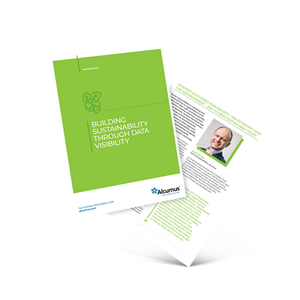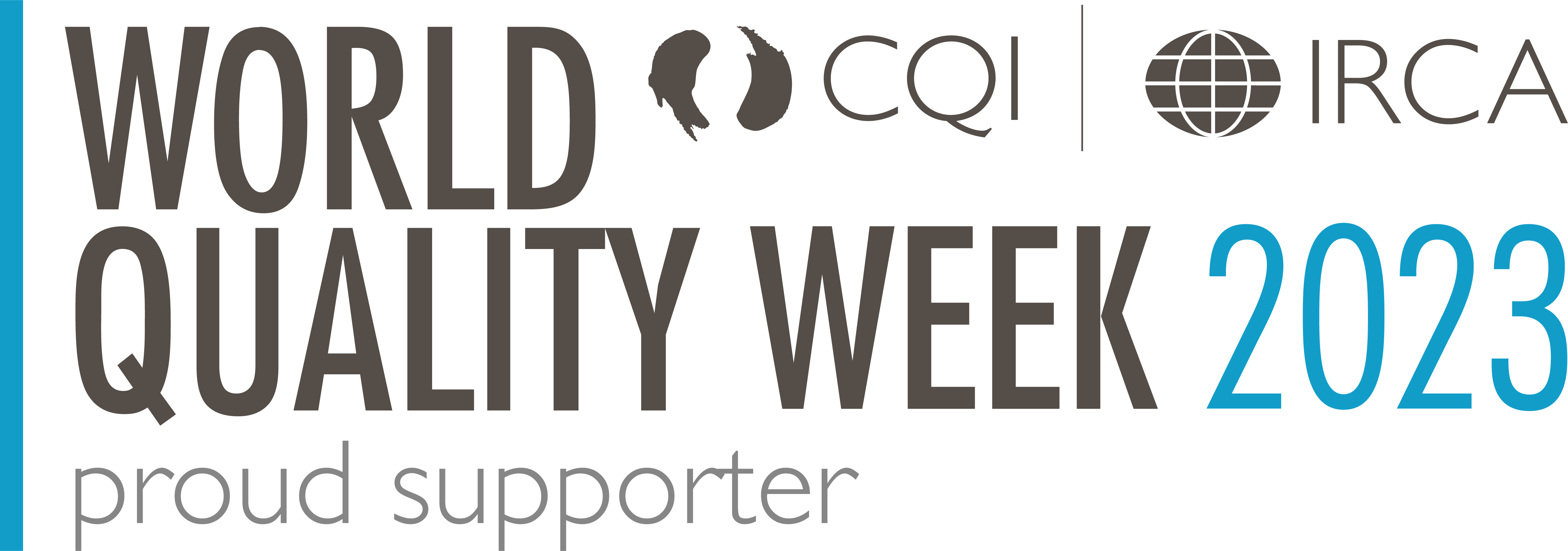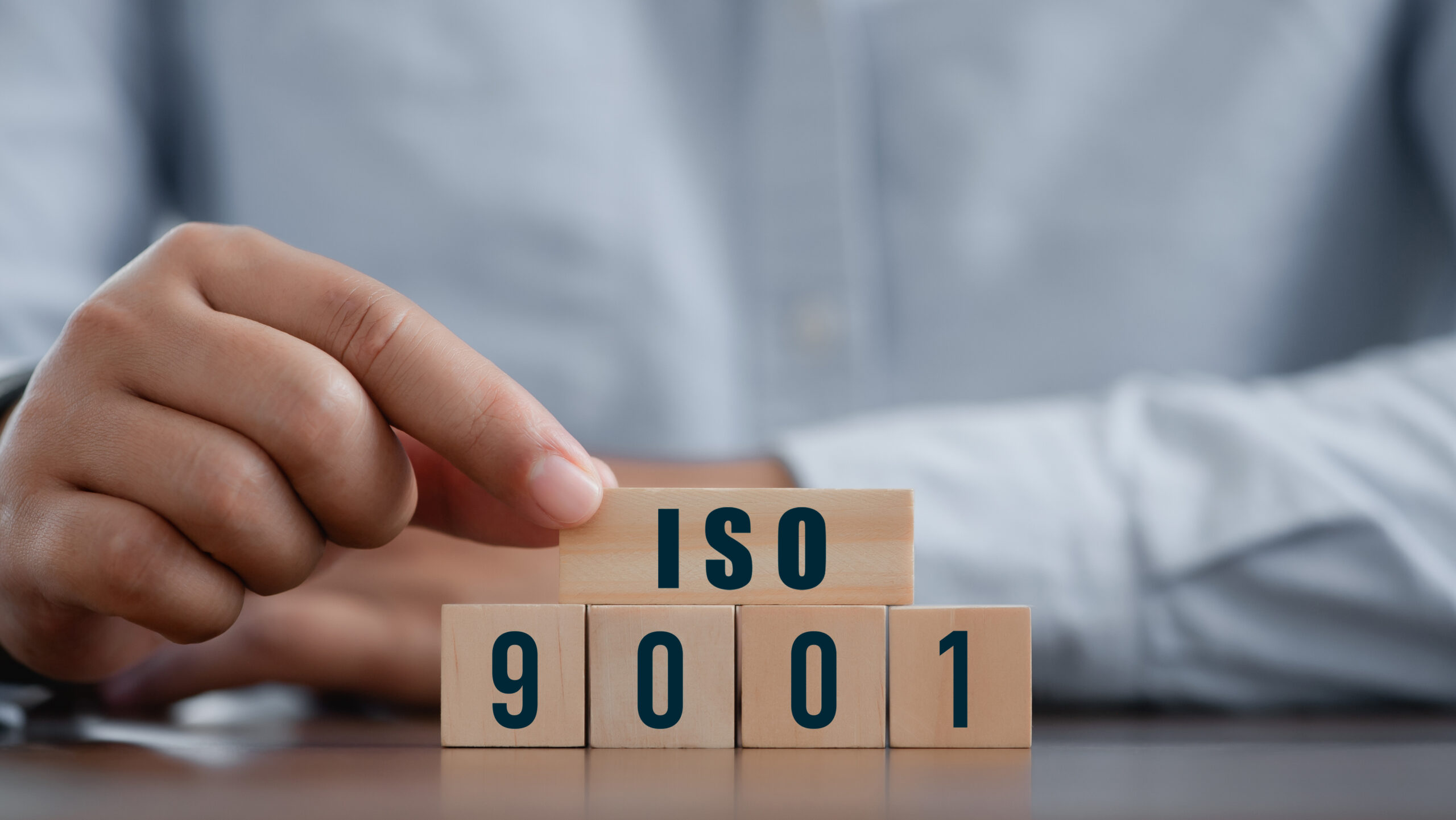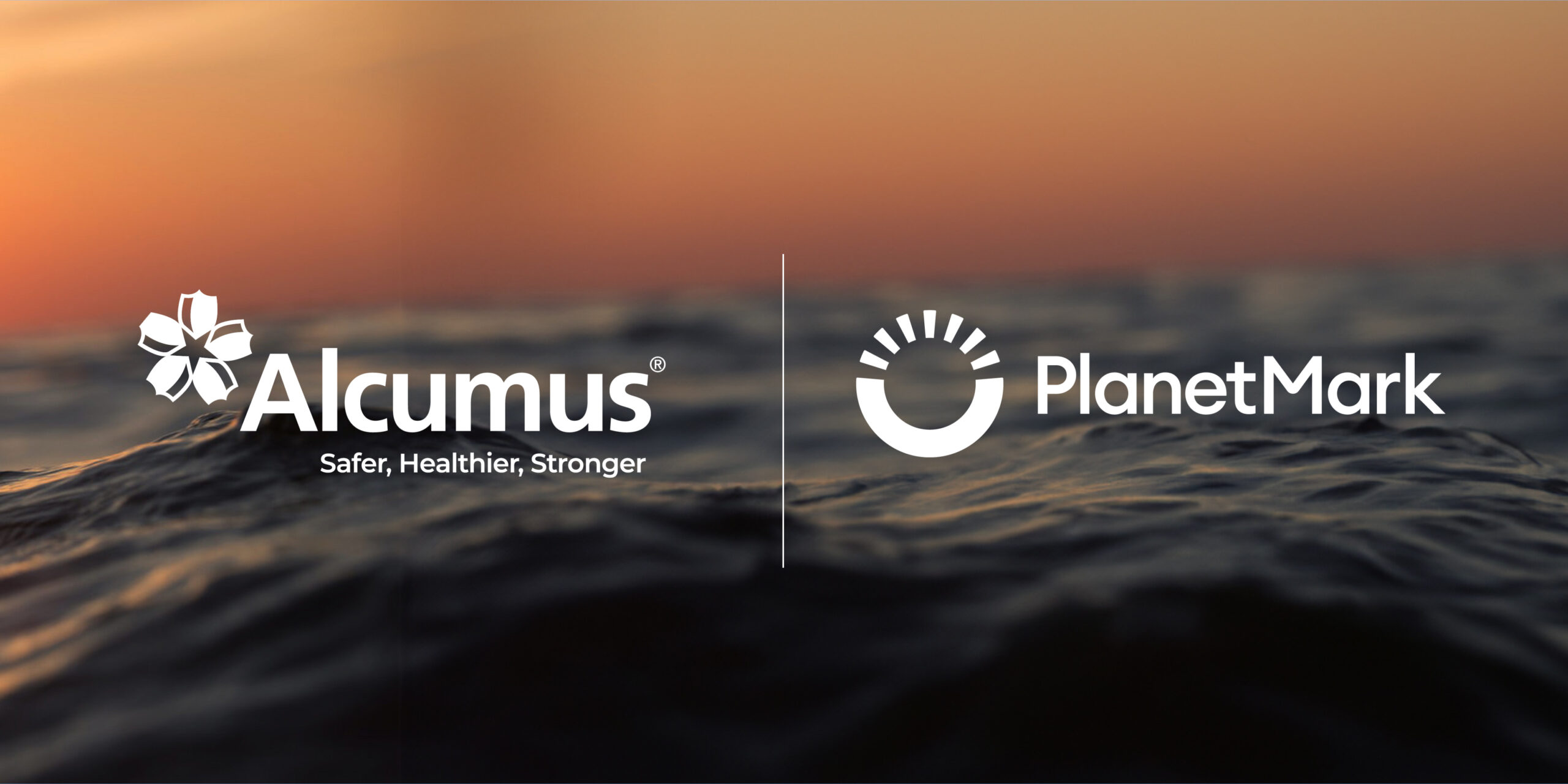As we learnt at a recent webinar hosted by Alcumus, social responsibility is a growing and crucial priority for organisations of all shapes and sizes; with countless studies and statistics linking consumer choices, employee opinions, investor decisions and media coverage to their long-term success.
Whether we call it an Environmental, Social and Governance (ESG) approach or Corporate Social Responsibility (CSR), forward-thinking organisations recognise the need for coherent sustainability strategies that build reputation and trust.
Increasing legal requirements and expectations from customers, employees, investors and suppliers mean that organisations need to identify, control and limit their risks. This is key to minimising potential vulnerabilities and proving that they’re managing operations without compromising on safety, sustainability, or ethics.
Whilst there is no single definition of sustainability, it broadly covers the operational impacts across the economic, environmental and social aspects of an organisation. These should be the ones that matter most to stakeholders. When done well, an effective sustainability programme should set a challenging balance that changes behaviours for commercial benefit.
With sustainability emerging as a source of competitive advantage, visions aligned with long-term value creation are focusing more on the opportunities and benefits, rather than the risks. This is also helping to uncover ‘blind spots and hot spots’, enabling decision-makers to focus and prioritise efforts and resources, amid fast-moving operations and changes in legislation. Information shared across the enterprise and supply chains also supports access to pre-verified contractors and suppliers for future projects and new work.
It has become essential to deliver real-time risk insights, evolve fast and digitise manual processes to connect people, processes and data. Only by adopting a technology-led approach and unified data strategy, can key decision-makers understand what drives risk. With insight, streamlined processes and continuous improvement, organisations can drive greater control and increased efficiency.
At Alcumus, we connect sustainably-minded companies with responsible contractors and suppliers, using sustainability as the ‘golden thread’ which builds ‘Mutual Partnerships’ as the bedrock of better business. Through these partnerships, which drive data visibility and coherence, our expertise helps to drive deeper understanding of sustainability’s risks and opportunities – leading directly to actions and progress that inspire organisations to do even more, with clear returns for their stakeholders and their people.
David Picton, SVP of Sustainability, Alcumus said: “Sustainability isn’t a buzzword, it’s crucial to an organisation’s purpose and strategy to grow brand equity and trust. Heightened stakeholder expectations and growing public scrutiny mean that businesses need to prove they’re managing their operations without compromising on safety, sustainability or ethics. It’s a journey, not a destination and everything is a learning process where there will always be room for improvement to shape better futures. Sustainability is no longer a nice-to-have, but a must do.”
Next steps
To learn more about how organisations can engage with sustainability in a more meaningful way and use technology to build safe, responsible and ethical operations – download our Whitepaper: ‘Building Sustainability Through Data Visibility’.
Our whitepaper will guide you on your ESG and sustainability journey:
- Building more sustainable and resilient organisations
- What do we mean by ESG and sustainability?
- Beginning your sustainability journey
- ESG factors to consider
- Using technology to build safe, responsible, and ethical operations
- Six steps towards sustainability






